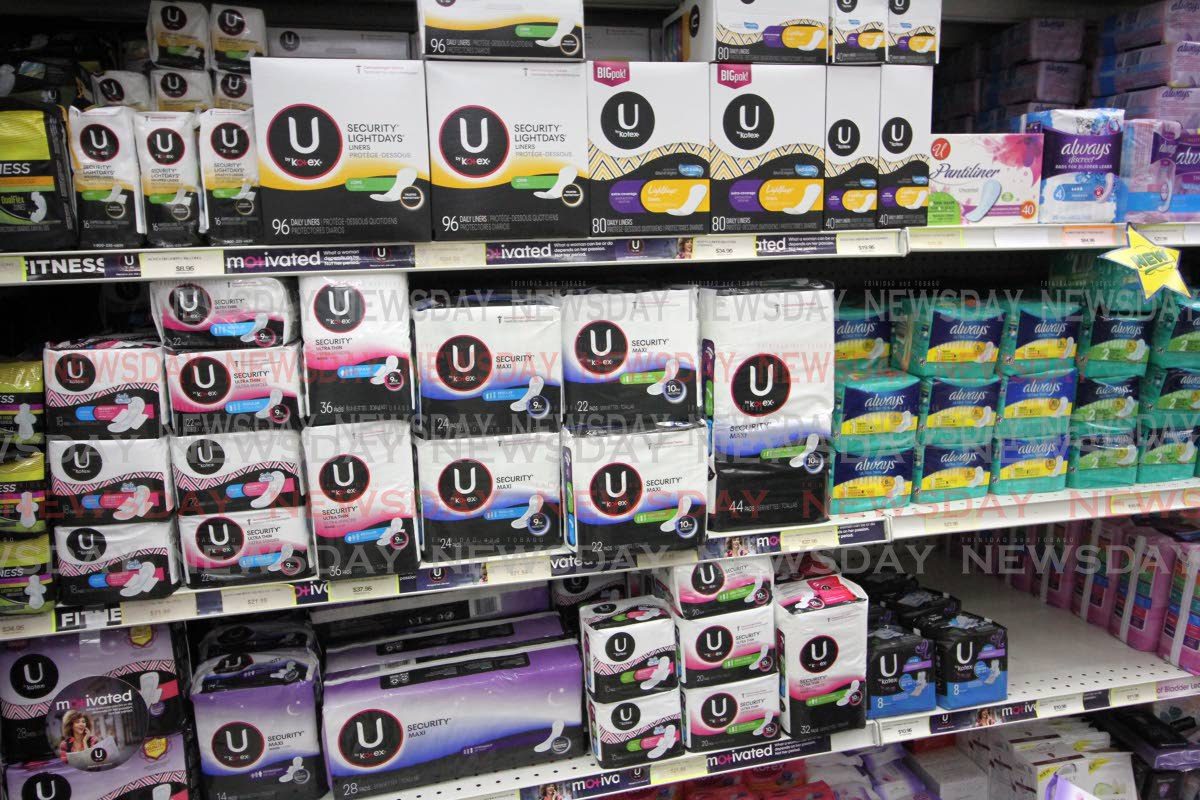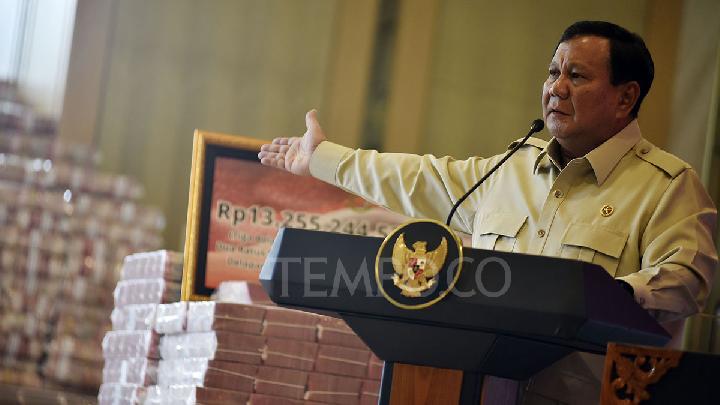Copyright newsday

The Family Planning Association of Trinidad and Tobago and non-governmental organisation Feminitt Caribbean are pleased with the announcement of the establishment of a women’s health fund with initial seed capital of $5 million to assist people impacted by period poverty beginning in January 2026. Speaking during the budget presentation on October 13, Finance Minister Davendranath Tancoo said the fund would be established by his ministry in collaboration with the Ministry of the People, Social Development and Family Services. He said the government would also partner with other stakeholders to ensure the sustainability of this initiative. “This fund will launch a pilot programme to provide distribution of free menstrual kits in educational institutions and provide education and sensitisation on menstrual health for various groups, including men and boys, to foster inclusivity and dismantle stigma. FPATT executive director Jill De Bourg, in a statement to Newsday on October 16, said the organisation commended the strategic focus on establishing the fund. “...which will undoubtedly play a vital role in improving menstrual hygiene and advancing sexual and reproductive health for women and girls across TT. “FPATT firmly believes that menstrual hygiene is a fundamental aspect of women’s health and well-being. Access to affordable and quality menstrual products is essential in ensuring that women and girls can fully participate in educational, social and economic activities without stigma or barriers. “We are encouraged by the government’s emphasis on education and sensitisation, recognising that dismantling social stigmas around menstruation is crucial for fostering an inclusive society.” It said as an organisation dedicated to empowering individuals through reproductive health education, it welcomes the pilot programmes in educational institutions and the broader efforts to promote menstrual health awareness. “We are also pleased to see the commitment to engaging men and boys, which aligns with our belief that gender-inclusive dialogues are vital for lasting change. “In the words of our president, Professor Rose Marie Belle-Antoine, ‘Menstrual hygiene is not just a health issue; it is a matter of dignity and human rights. Ensuring access and education around menstruation helps empower women and girls to pursue their dreams without barriers or shame.’” De Bourg said FPATT looked forward to collaborating with government and other stakeholders to ensure the success and sustainability of these initiatives, ultimately fostering a healthier, more inclusive society. In 2020, Feminitt Caribbean launched a Safe Cycle Initiative in three phases: menstrual health education, service delivery and the Safe Cycle Report. During the pandemic, the Safe Cycle team provided 120 period boxes inclusive of cotton underwear, recyclable period pads by The Lily Pads Project, sanitary pads, tampons, panty liners, heating pads and a menstrual health tracker and diary to 120 menstruating people. The Safe Cycle Care Bank, the first of its kind in TT was launched on November 7, 2021 in Arouca. It offers free period care products and education to people who menstruate. Feminitt Safe Cycle programme lead Dr TeHilla Paul, in a statement to Newsday on October 16, said the budget allocation signalled a hope for the country as TT strives to achieve menstrual equity, promote holistic education and reduce barriers to equal opportunities. “It is a joy to see the issue of period poverty be acknowledged by the government as a pervasive issue affecting menstruating people in TT. We know that dedicated financing for sexual and reproductive health is imperative to sustaining positive impact. We hope that this step foreshadows legislation that mandates the provision of period products and improved health and family life education for adolescents, young people, and parents to improve menstrual health management and care as recommended in our 2021 Safe Cycle Report.” She called on the government to engage NGOs that have laid the groundwork through advocacy, research and providing much needed menstrual materials in sustainable models such as the Safe Cycle Care Bank. “Period poverty surpasses a lack of menstrual materials only and extends to factors such as poor access to gynaecology services as well as a lack of protective policies for vulnerable groups. The establishment of a Menstrual Equity Act and ‘Period Card’ as an offshoot of the existing food card system can ensure that those most in need will have access to free gynaecology services.” Feminitt Caribbean said it is poised to make additional recommendations for the benefit of every menstruating person based on its research findings and the many lessons learnt through its work over the last five years. The issue of period poverty was raised during a December 8, 2023 joint select committee on human rights, equality and diversity. Among the recommendations were provision of menstrual hygiene products in schools, a menstrual health education programme, and impact assessment of period poverty, a cross-ministerial educational campaign, integration of school nursing or medical staff for menstrual health counselling, encouragement of donations of menstrual products, inclusion of males in menstrual health education and sensitisation, including feminine products in the chronic disease assistance programme (CDAP), implementation of a coordinated mechanism across ministries for addressing period poverty, and policy development.



